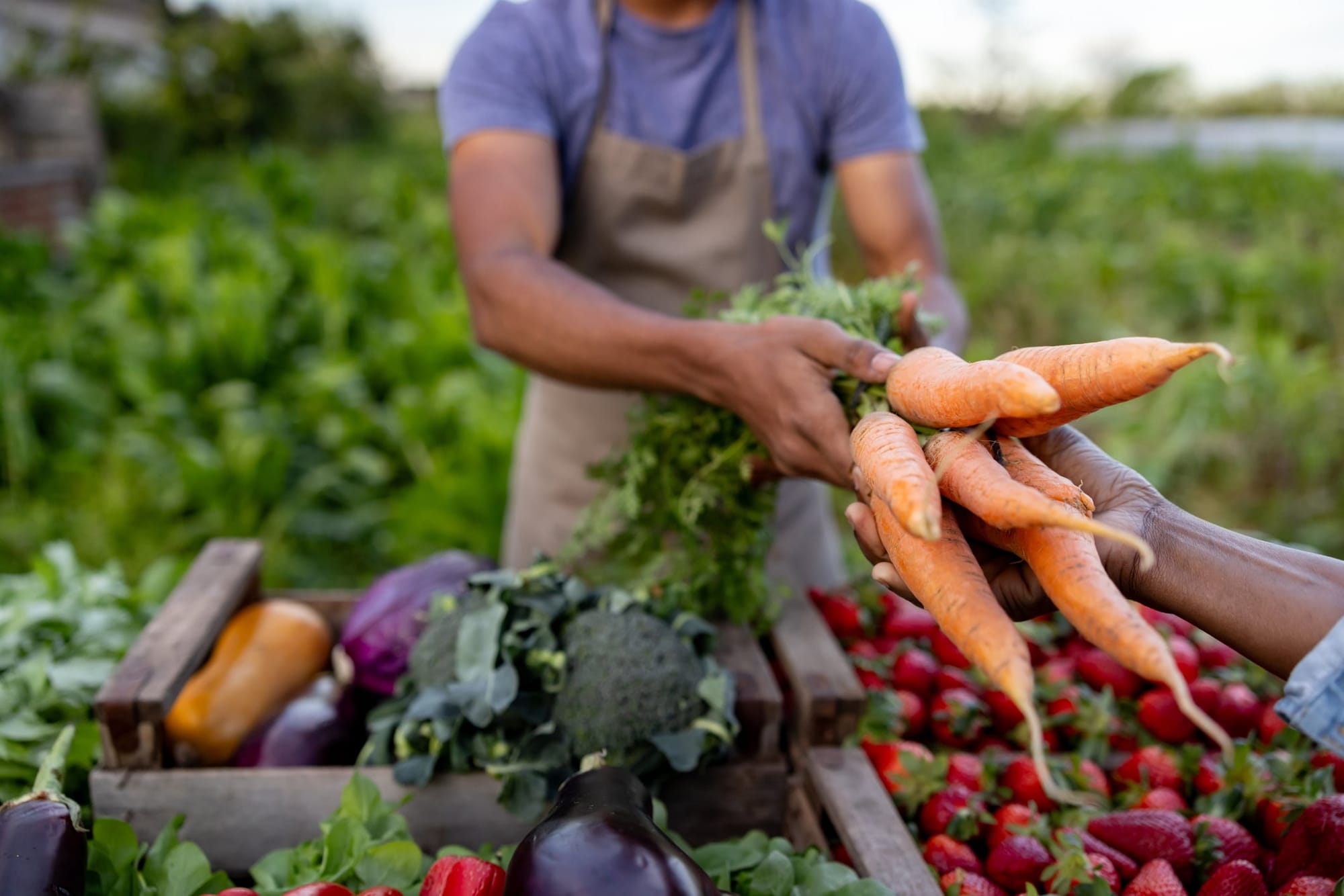
The world is facing a triple-planetary crisis – pollution, biodiversity loss, and climate change. These issues are critically affecting our ecological systems.
Our linear economic systems, which follow the “take-make-use-dispose” model, are believed to be a major contributor to this crisis. To combat this, we need to shift towards a circular economic approach that minimises waste and enhances resource efficiency.
From a sectoral perspective, food systems are in urgent need of such a transition. Globally, food wastage (both food loss and waste) accounts for roughly one-third of the total produced food, while about 735 million people suffer from hunger.
This indicates grave inefficiencies in our food systems globally, and the Indo-Pacific case is no exception, with critical food security issues.
For instance, in 2023, food waste in India alone reached about 78 million tonnes, while about 250 million people suffered from hunger, indicating critical efficiency issues in the regional food systems, and envisaging the urgent need to shift towards more circular and sustainable food systems.
Why youth?
Nearly 60% of the global youth population aged between 15 and 24 years resides in the Indo-Pacific region, comprising about 700 million individuals. They’re being actively recognised as key stakeholders in sustainable development, as they’re seen as both victims of the past and culprits for the future.
As evolving consumers, their concerns and activities drive and influence the consumption patterns of the entire family, and set the standards for the consumption patterns of future generations.
Therefore, youth can positively influence the transition towards sustainable food systems through their activities, choices, and decisions.
Demand for local and seasonal food
In a world dominated by globalisation and industrialisation, sustainability lies in preferring local and seasonal products. Youth’s preferences for local and seasonal food over long-range transported and refrigerated food can reduce both food loss during transportation, and energy consumption for storage and refrigeration.
Further, agricultural practices adapted to the local climatic conditions are also less resource-intensive and allow for more crop diversification.
In this way, preferring local seasonal foods contributes to a less carbon-intense and less wasteful food system, helping to address the planetary crisis by integrating the ideas of circularity.
Choosing organic food products
While chemical fertilisation and pesticides have boosted the food security of the region, they’ve also led to excessive contamination of soil, water, turf and other vegetation.
Organic food production, which uses natural fertilisers and nature-based pest management systems, enhances soil fertility and health, prevents water contamination due to run-off of chemicals, and promotes ecosystem diversity.
The use of livestock manure and food waste as fertilisers further supports the idea of a regenerative circular economy. Therefore, youth preferences for organic food can promote sustainable and healthier food systems, setting a positive example for future generations.
Considering sustainability certifications
As consumers, we can’t trace the sustainability of food production and processing. However, sustainability certifications such as Rainforest Alliance, Food Alliance, Sattvik and Organic Certifications, among others, help us make better choices.
These certifications ensure food we consume has minimum environmental impacts. Preferring such certifications can encourage firms to integrate sustainability into their operations, reducing the environmental footprint of our food systems.

Planned grocery shopping and willingness to wait
With the rise of e-commerce and quick-commerce across the region, planned grocery shopping and collaborative consolidation of orders can significantly reduce transport emissions and delivery trips.
Further, planning shopping in advance also allows for flexible delivery times, supporting route optimisation with lower emissions.
Youths and youthful citizens, being more planned rather than impulsive in their shopping and decision-making, may help make our food systems more sustainable.
Mindful consumption and waste management practices
Our consumption habits impact the upstream activities of food supply chains. By valuing mindfulness over impulse, we can reduce our consumption and, subsequently, the waste we generate.
Being mindful of functional quality over aesthetics can prevent food from being wasted due to appearance.
Further, practices such food-sharing, waste segregation, composting of wet waste and kitchen gardening can also reduce the environmental impacts of modern food systems and positively influence the transformation towards sustainable food systems.
The sustainability paradigm
In response to the rising planetary issues stemming from the current world food systems, integrating a sustainability paradigm is crucial.
In the Indo-Pacific region and elsewhere, youth also have a pivotal role to play throughout the supply chain in shifting towards a sustainable paradigm, particularly through their activities, choices and decision-making.
Youth’s preferences for organic, local and seasonal food, sustainability certifications, and mindfulness may contribute to paving the way for a better and more sustainable future for food systems.
Monash is pioneering a path to a greener, smarter, more equitable and sustainable future, where emissions are lower, and the natural environment and humans thrive. We look forward to participating at COP29, where we aim to accelerate global action on sustainability, empowering diverse voices from across the Indo-Pacific and influencing superior policy outcomes across a broad range of issues. Find out more monash.edu/cop29





